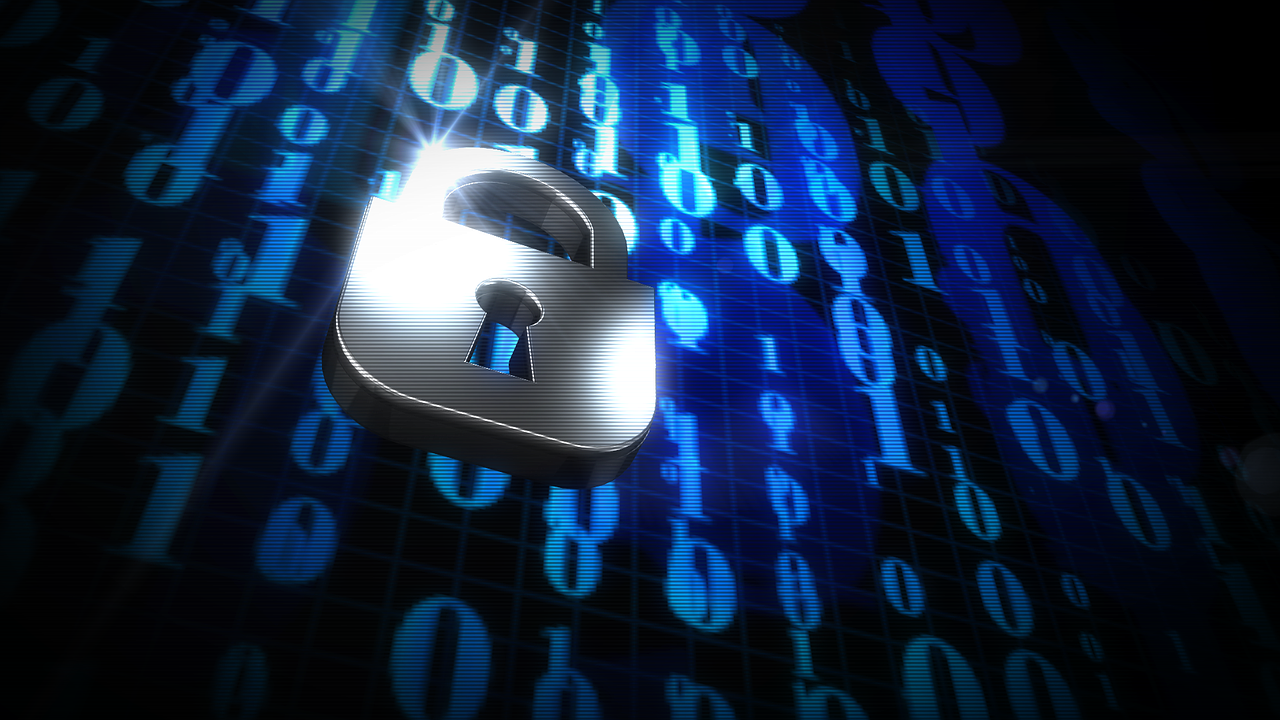Protecting Your Data Online
With Facebook’s latest (and, hopefully, the last) data breach, the users of the world are, understandably, becoming concerned more with their online privacy. We get worried about the products marketed at us, our personal information being exposed, our pictures and videos shared without our consent, and other technological nightmares. How can we protect our data online?
Follow the Latest News
There is a reason the antivirus and anti-malware software you have updates regularly. It is because people are constantly coming up with new ways to attack the data on your devices. To protect yourself from cyber-attacks, you must first know what the methods of attacking are.
VPN

VPN stands for Virtual Private Network. It is a network that pretends to be a private one, preventing the public network from seeing your data. People use VPN services when they want to access content that is not available in their region or when they don’t want to advertise their browsing history, messages, and downloads.
Tor
The Onion Router is free software that protects the user’s privacy, by relaying the information shared through so many layers that it is very difficult to track. Some use it to access the Dark Web, while others just enjoy using the internet undisturbed. If you plan on using it, do so from a secure device. No protection method is foolproof.
Don’t Reveal Too Much

Occasionally, social networks, like the aforementioned Facebook, will have users posting and sharing some text regarding international law and privacy, demanding that the network foregoes trying to access their information.
In truth, these people have already agreed to give out some of their information online, either by blindly clicking on “I Agree”, “I Understand”, and so on, or by willingly granting permission to games and apps that are, seemingly, free.
To protect your data online, one method is to hide your tracks. You can do so by not granting permission to apps and websites, modifying your browser, so that it protects your data, and just not sharing pictures, statuses, and information about friends and family online.
Don’t Click On Suspicious Links
Even though online scams have been around since the beginning, people still click on a link, the purpose of which is either unknown or shady. Do not click on links that have not come from trusted sources. It may happen that you receive a link from a friend or family member, urging you to do something. You can usually recognize the scam because it uses poor grammar, or offers no further interaction. If you are not sure, either ask for confirmation from your friend in question or, better yet, ignore the link altogether.

What Is the Purpose of My Data?
Risqué photos and videos are subject to blackmail, bank details leave you open to identity theft, and heavy financial loss, and getting a connection to your camera provides the attackers with the option of stalking you. However, it is not just hackers that are interested in your online data.
Every company with an online presence uses cookies on its site to monitor your interests. These interests can be used to tailor ads you might be interested in or present you with videos and articles that support your already established political and religious beliefs. This data can be manipulated to influence the politics of a region, or sold to the highest bidder.

